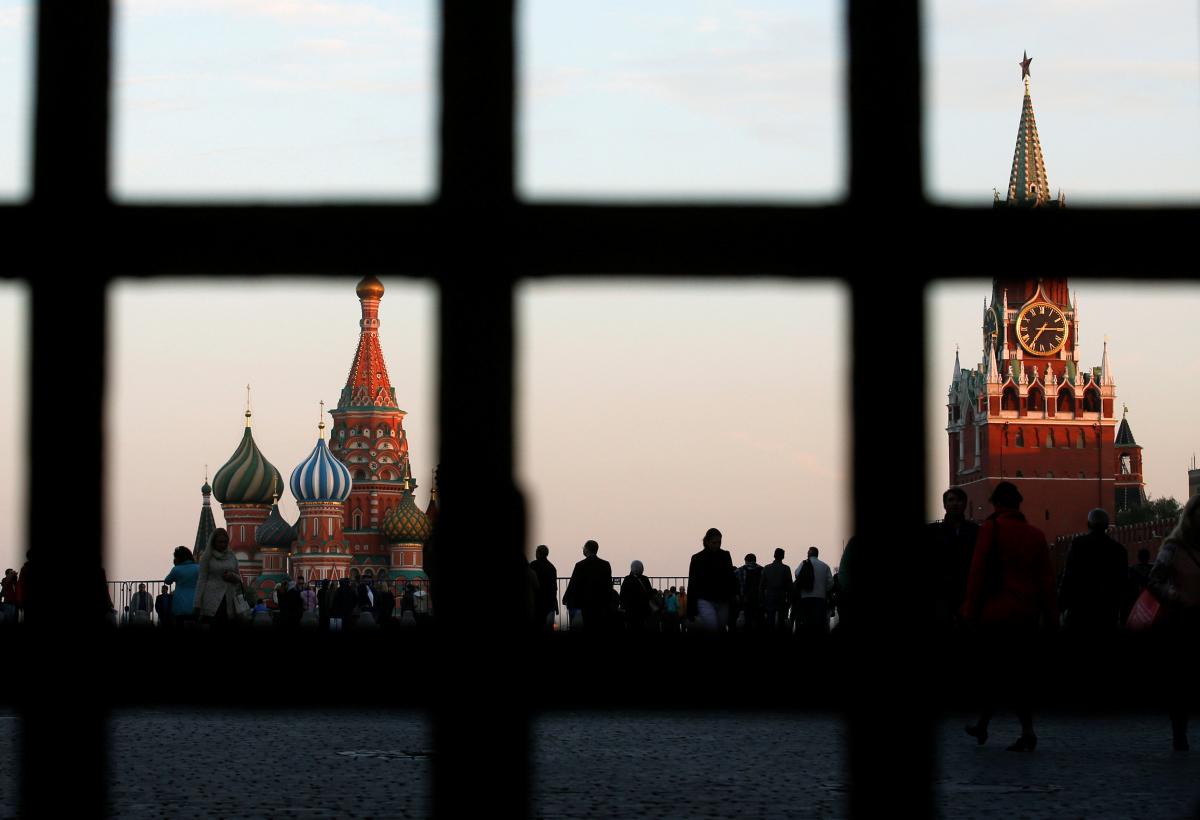
For the past several weeks, the Kremlin’s channels have focused mainly on spreading disinformation about Western countries: trying to bury the facts about the Skripal poisoning under distractions and fakes; or inventing other chemical and biological attacks, like here, or here.
But this past week, Russia’s disinformation campaign has re-focused on its number one target: Ukraine, according to EUvsDisinfo, the European Union's strategic communications task force.
Thus, Kremlin-directed TV shows poured out the vitriol of disinformation messages known already since 2014, claiming that:
Ukraine is a Nazi state, or a Nazi dictatorship, that it is governed by pro-Fascist elites, and that “Glory to Ukraine” is a Nazi greeting
Ukraine is also just a part of the Russian world;
It started a war against its own nation – a civil war, that Russia has nothing to do with;
It is not a country, but a mere territory;
There is no elected parliament in Ukraine; and
The Crimean Tatars’ leader Mustafa Dzhemilev is a terrorist who calls for killing Crimeans.
All these disinformation messages have been proven false countless times, yet pro-Kremlin outlets keep repeating them – showing again that their purpose is not to inform, but to spread lies, to disinform, mislead, and spread hatred.
Read alsoKerch tragedy: Disappointment for Russian propaganda
The debunks are once again repeated under the individual cases. The team highlights the general underlying strategy behind these fabrications. As documented by historian Timothy Snyder in his book The Road to Unfreedom: Russia, Europe, America, the message denying that Ukraine is a state was spread already by the fascist philosopher Ivan Ilyin in the first half of the 20th century, and was repeated later by top Russian representatives. By 2014, the word “fascist” had become synonymous with “Ukrainians who resisted Russian invasion.”
“Schizofascism was one of many contradictions on display in spring 2014. According to Russian propaganda, Ukrainian society was full of nationalists but not a nation; the Ukrainian state was repressive but did not exist; Russians were forced to speak Ukrainian though there was no such language,” writes Snyder.
The claim that “country XY is not a state anymore” is not new in the Kremlin’s arsenal. In the note of the USSR government to the Polish Ambassador, Foreign Minister Molotov justified the Soviet invasion of Poland with the claim that “the Polish state ceased to exist”.
Kremlin’s disinformation re-focused on #Ukraine. Why does @TimothyDSnyder talk about “schizofascism”? And where does today’s disinformation campaign parrot USSR propaganda? Read & share the fresh #DisinfoReviewhttps://t.co/VkJM2GXx3F
— EU Mythbusters (@EUvsDisinfo) October 18, 2018

